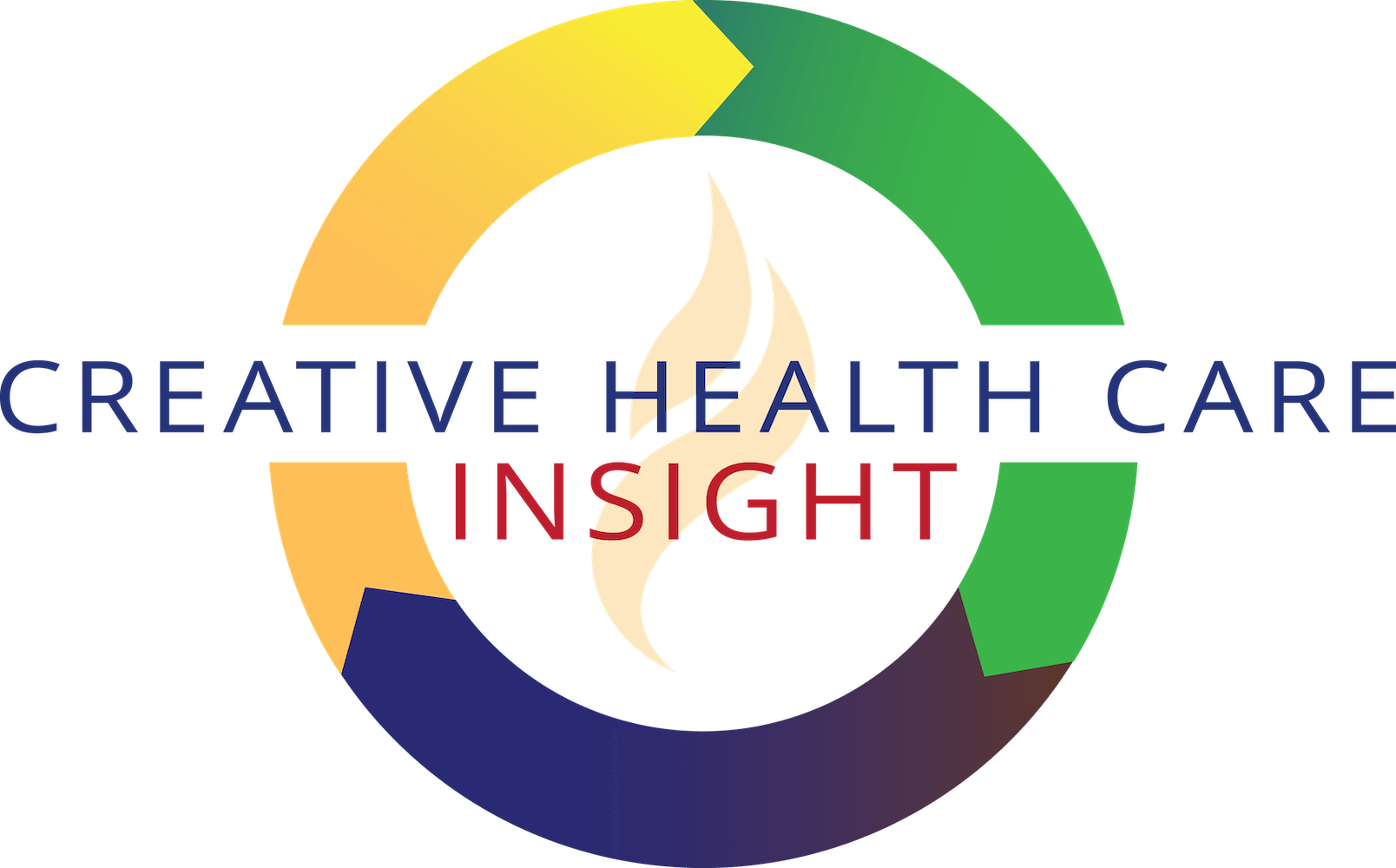Recent News & PR
Jul. 24, 2025
Creative Health Care Insight Launches TSAM® Educational Services
Nashville, TN, July 24, 2025 (GLOBE NEWSWIRE) — Creative Health Care Insight (CHCI), a national leader in automated competency management…
Jul. 16, 2024
Creative Health Care Insight Launches Innovative Initial Competency Component for Healthcare Onboarding
Nashville, TN, July 16, 2024 (GLOBE NEWSWIRE) — Creative Health Care Insight (CHCI) is excited to announce the launch of…
Feb. 7, 2024
Revolutionizing Health Care: Creative Health Care Insight Launches Innovative Cloud-Based Platform
Nashville, TN, Feb. 07, 2024 (GLOBE NEWSWIRE) — Creative Health Care Insight, a leading provider of information technology and solutions…
